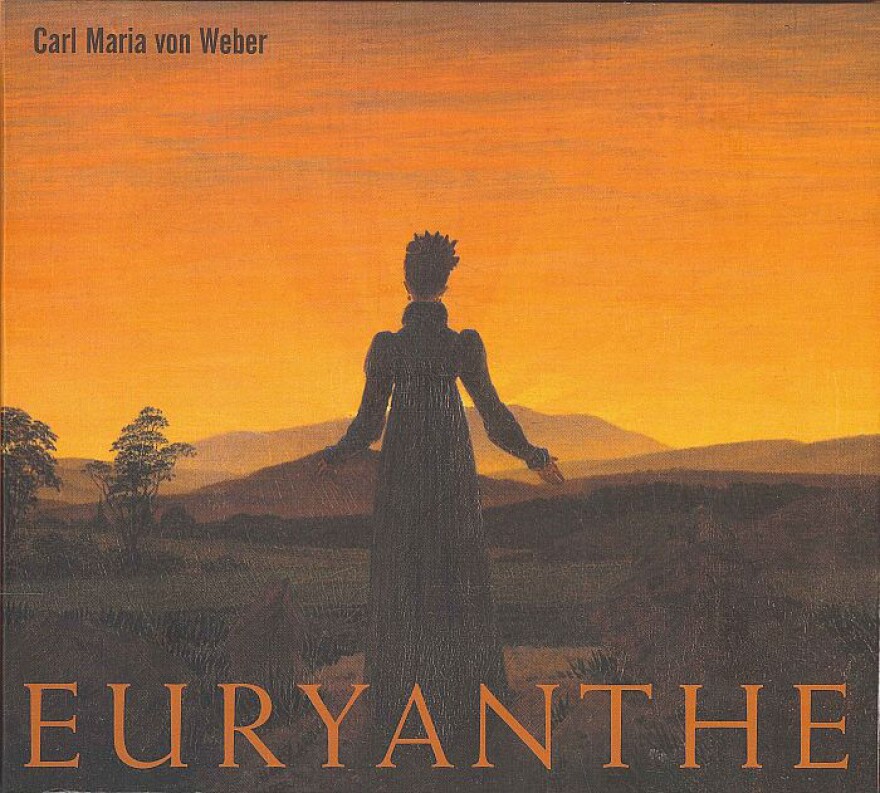Opera fans often hope to find some sort of lost masterpiece or even an obscure work by a great composer; which is what the Philadelphia Inquirer's David Patrick Stearns recently encountered at the Bard Summerscape Festival, with the help of a creative team that knows Philadelphians well.
During rehearsals for The Philadelphia Orchestra's performance of Salome last May at the Kimmel Center, stage director Kevin Newbury and his collaborator Vita Tzykun made a claim that would leave opera mavens incredulous: they were taking on Carl Maria Won Weber's great but deeply problematic Euryanthe and predicting their own success.
When premiered in 1823, the opera's innovations amounted to a manifesto for the romantic era, and were responsible for some of the best qualities heard in Chopin, Mendelssohn, Liszt, and Wagner. In his more popular opera Der Freischutz, Weber showed how incredibly disparate musical ideas could sit cheek by jowl, and clash, like sudden cuts in an action film.
Similarly, Euryanthe has ghostly music that sails in out of nowhere.
Music is layered without needing mesh like Mozart, the result being that Euryanthe probably has three times as much music as Der Freischutz.
All of this is wedded to a libretto about defending a woman's honor that’s ridiculous even by operatic standards. What was the solution? Newbury's template was The Scarlett Letter. And it worked.
But what about that final scene when the hero, beautifully sung by the popular Philadelphia visitor William Burden, has to wrestle with a giant serpent? Well, something resembling a wrecking ball with tentacles descended upon him. And that didn't work. But then, more than one production is needed to rehabilitate a problem opera. Remember, not so long ago, Handel wasn't considered stageable.
http://youtu.be/_dhmnRX5eSU

